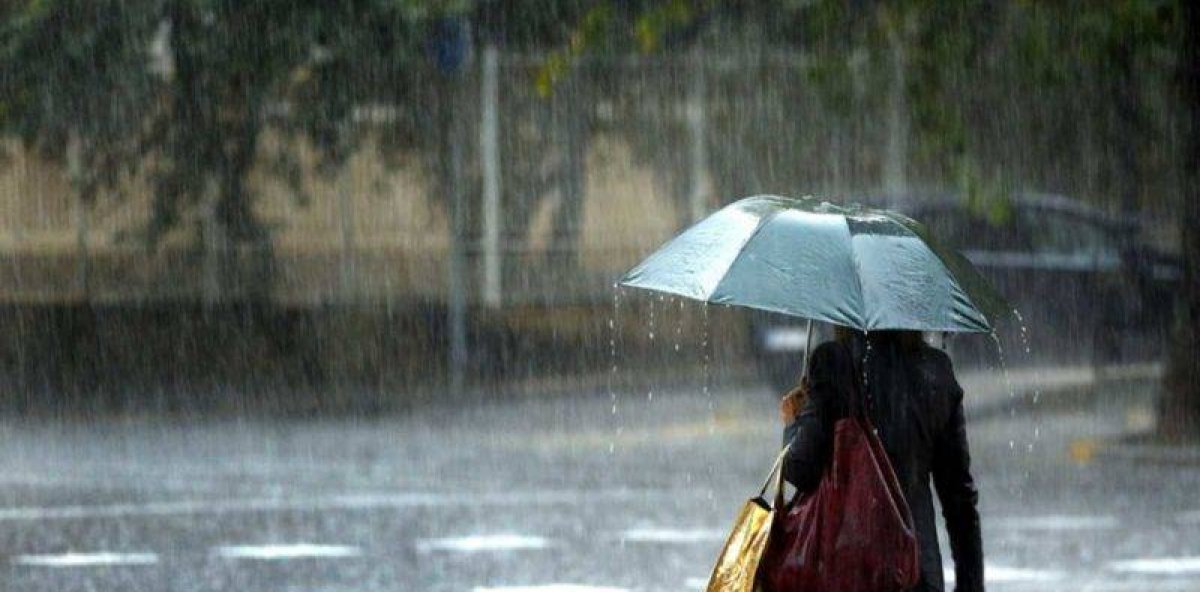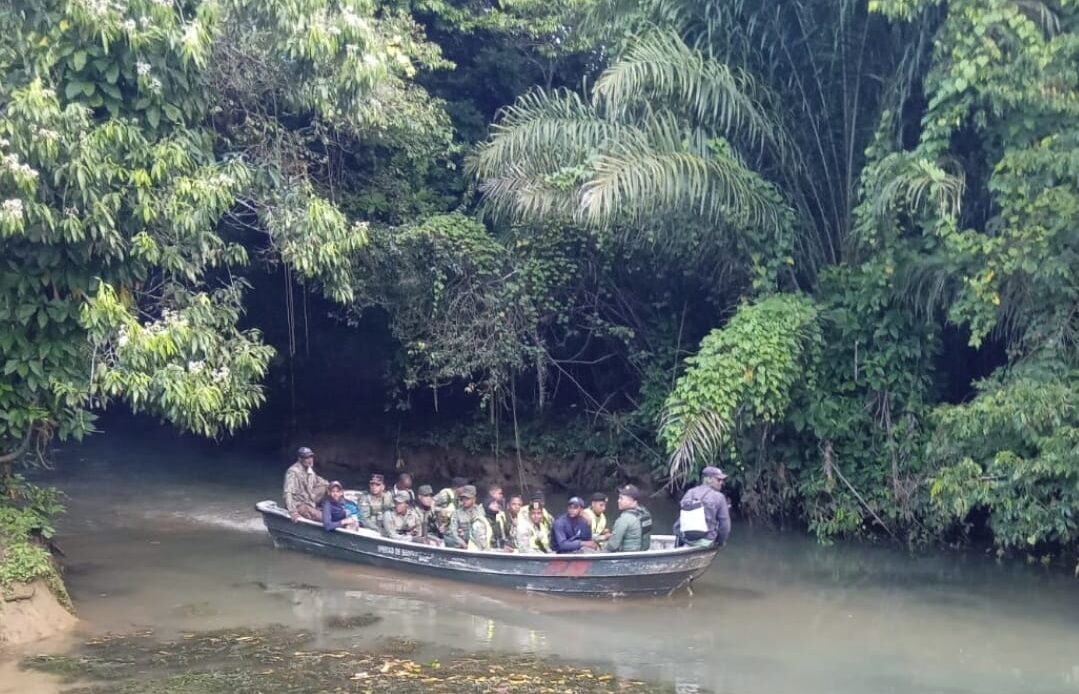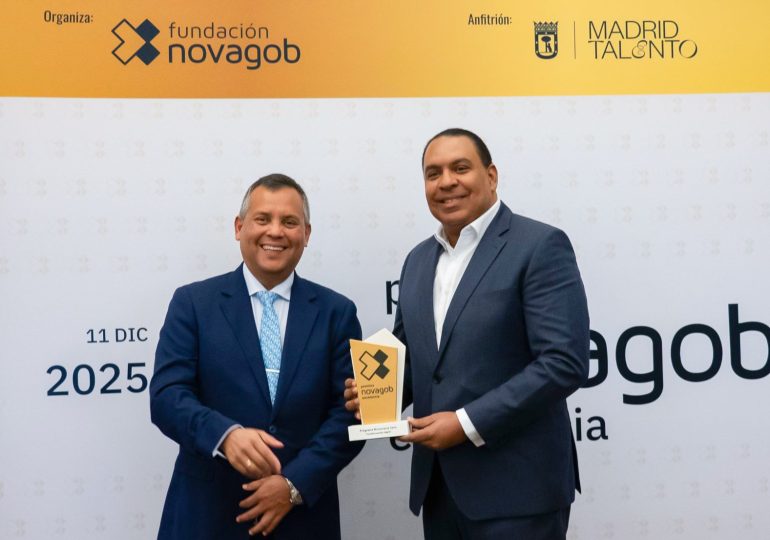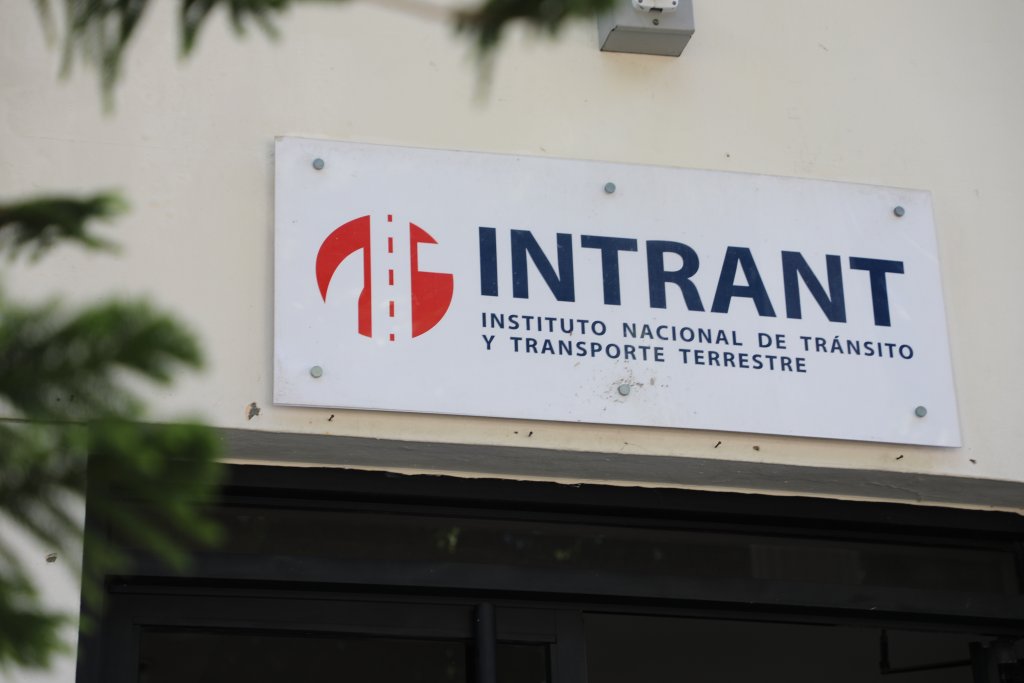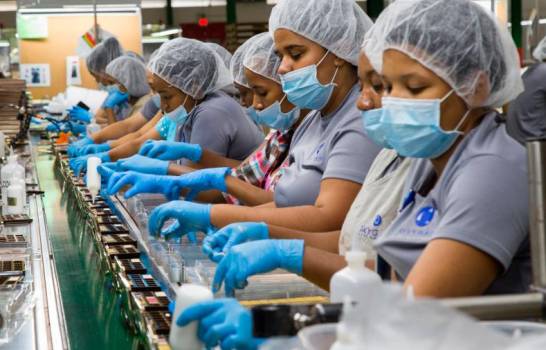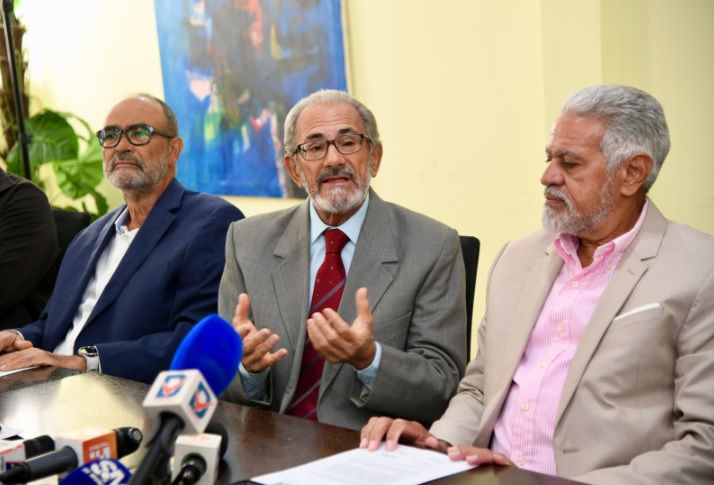Meteorological authorities have issued a comprehensive weather advisory for multiple regions, forecasting a dynamic pattern of isolated showers and potential thunderstorms. The conditions are driven by a frontal trough positioned to the northeast of the island.
Significant precipitation is anticipated across a wide swath of the country, particularly impacting the northern and northeastern provinces, the eastern plains, and the Central Mountain Range. The Office of National Meteorology has identified several specific areas at higher risk, including La Altagracia, La Romana, San Pedro de Macorís, Santo Domingo, San Cristóbal, Peravia, Azua, Barahona, Pedernales, La Vega, Santiago, Monseñor Nouel, Hato Mayor, and Samaná.
Residents should prepare for a stark thermal contrast throughout the day. Daytime hours will feature notably hot conditions, with peak temperatures felt during the afternoon. Conversely, nights and early mornings will bring cooler, misty conditions to mountainous regions and valleys. Dense fog banks are forecasted, especially in the provinces of Santiago, Espaillat, and Hermanas Mirabal, persisting until morning.
Looking ahead, meteorological models indicate a shift in conditions for the following day. An easterly wind flow, interacting with the island’s topography, is expected to create a blustery environment. Cloud cover will develop from the early morning, leading to scattered showers primarily on the northern, northeastern, and eastern slopes of the Central Cordillera.
A critical marine warning accompanies the terrestrial forecast. Officials predict a deterioration in coastal conditions, with an increase in swell size and wind intensity along both the northern and southern coastlines. The public, particularly maritime operators and beachgoers, is urged to exercise extreme caution.
